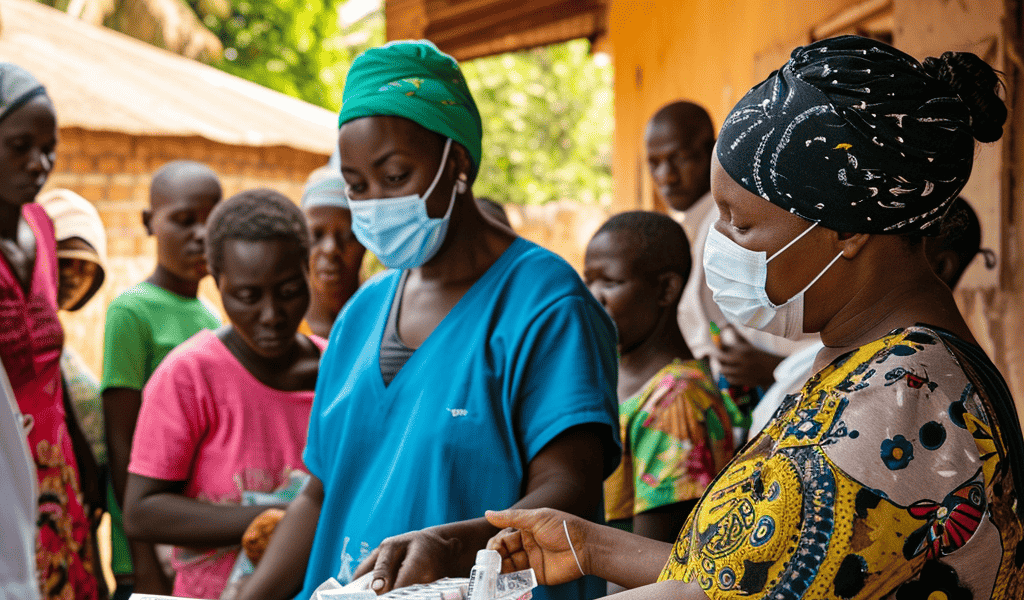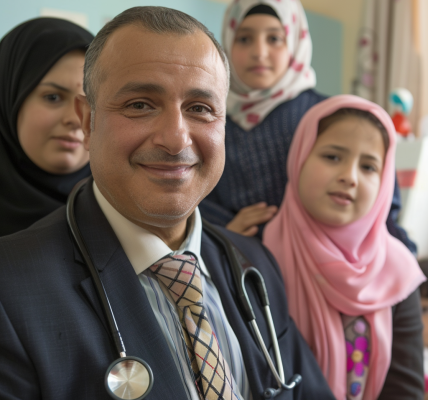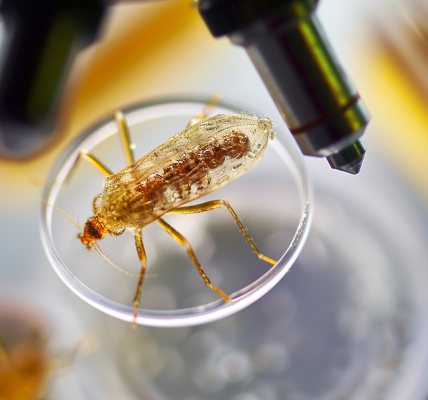Benin Republic has recently received its first doses of a vaccine for malaria, a significant step in combating the leading cause of infant mortality in the country. Health Minister Benjamin Hounkpatin announced the arrival of 215,900 doses of the RTS,S vaccine, emphasizing the endemic nature of malaria and its devastating impact on children under five years of age in Benin.
The introduction of the vaccine is expected to address the high prevalence of malaria-related outpatient consultations and hospital admissions, which account for 40 percent and 25 percent, respectively. With plans to immunize approximately 200,000 children under the age of two, the country aims to administer four doses to infants at the ages of six months, seven months, nine months, and 18 months.
Benin joins Cameroon and Sierra Leone as the third African country to receive doses of the vaccine, following successful pilot phases in Ghana, Kenya, and Malawi. The initiative, coordinated by the World Health Organization and funded by the GAVI Vaccine Alliance, has already demonstrated promising results, with over two million children vaccinated across the three African countries. This effort has led to a remarkable decline in mortality rates and a significant reduction in severe forms of malaria and hospitalizations, as reported by GAVI.
Malaria remains a pressing global health concern, particularly in Africa, where the disease predominantly affects the population. According to the World Health Organization, a child under the age of five dies from malaria almost every minute. The disease, caused by a parasite transmitted by certain types of mosquitoes, poses a formidable challenge due to its increasing resistance to treatment. In 2021, the WHO recorded 247 million cases worldwide, resulting in 619,000 deaths, with Africa bearing the brunt of the burden, accounting for 95 percent of cases and 96 percent of deaths.
The arrival of the malaria vaccine in Benin signifies a crucial development in the ongoing battle against this pervasive disease, offering hope for the protection of vulnerable children and the potential to alleviate the healthcare system’s strain caused by malaria-related cases.





